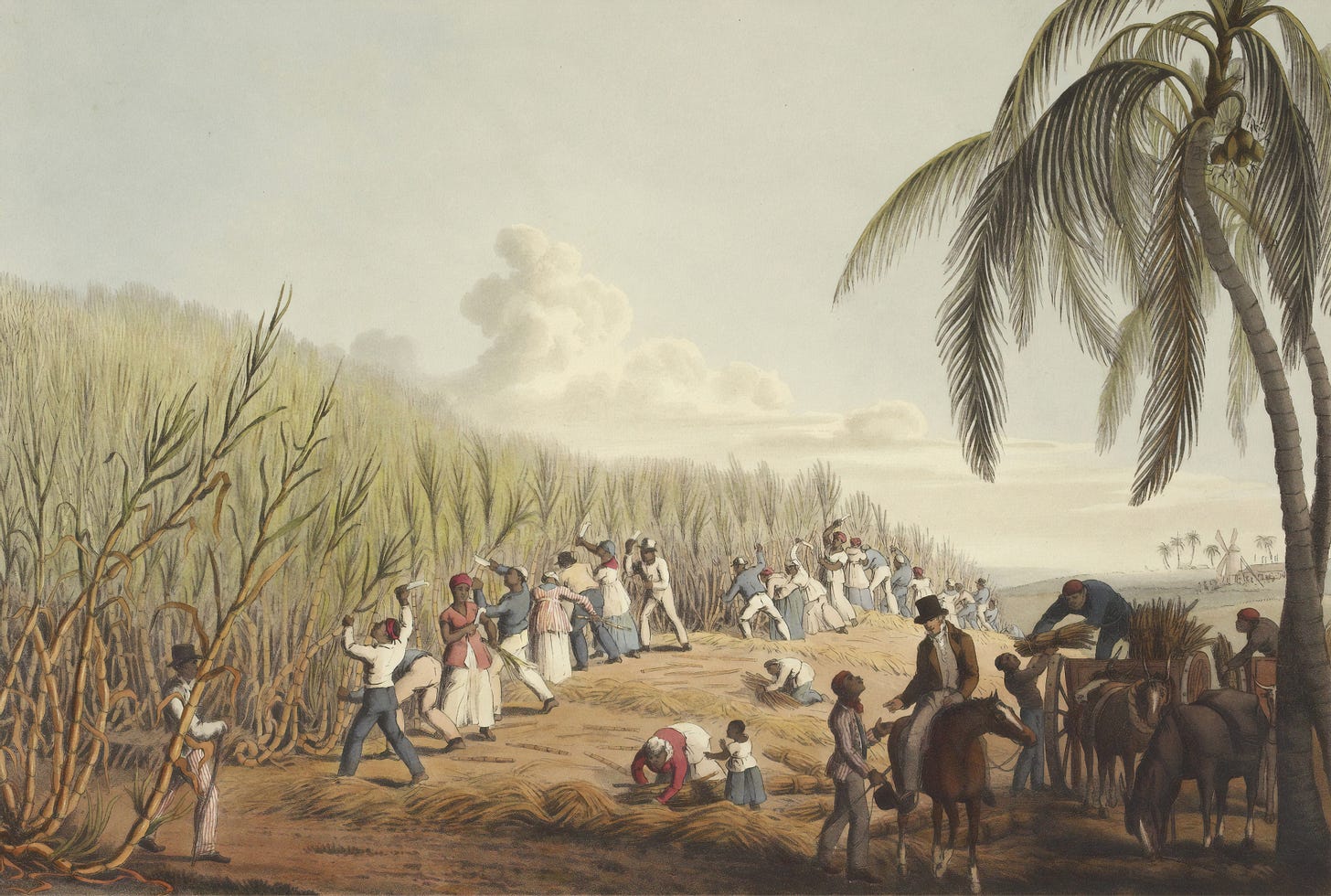Sell the Problem, Sell the Solution
Onnit's sale to Unilever is part of a longstanding trend of capitalist posturing.
Where are the lines drawn? To some wellness influencers, vaccines are toxic agents of control that will alter your DNA and enslave you to a capitalist overlord, even if some of the people screaming “toxicity” take no issue injecting Botox into their faces in the quest for perpetual youth, never realizing that the “tox” means something.
Much of the “natural” vs “manmade” argument that’s been endemic in the wellness industry for decades is a myth. Chemistry is chemistry. Plenty of plants are poisonous even in their “natural” form. Still, some influencers dance in the imaginary grey zone between organic and pharmaceutical, which brings us to Aubrey Marcus.
Over a decade ago, the Austin-based trust fund kid founded Onnit alongside Joe Rogan. The brand, marketed as promoting “total human optimization,” skyrocketed to fame thanks in large part to Rogan’s star. The stated goal exploits many buzzwords:
We are on a mission to empower as many individuals as possible with a holistic philosophy regarding physical, mental, and spiritual well-being.
Onnit also espouses science in its holistic sales pitch, promising that its products are backed by clinical research, even though supplements aren’t required to show any proof of efficacy. That was Rogan’s big pitch: Onnit went and did the research anyway. Their main offering, Alpha Brain, is purported to “support cognitive functions, including memory, mental speed, and focus.”
Or, as Rogan once said about Alpha Brain:
Here’s what the research actually concludes:
Results of the 8-week study indicate modest improvement to performance in verbal memory for those participants taking Alpha BRAIN®, as compared to those randomized to placebo, who showed no such improvement. None of the other cognitive domains assessed demonstrated significant time- by group interactions over the study period.
Only a few sentences later, the team writes,
While small, the significant improvement in verbal memory demonstrated in this study are consistent with prior research that has examined the cognitive benefits of several individual nootropics found in Alpha BRAIN®.
This is unlike most any other study I’ve read. Research usually proceeds with caution by stating that more research needs to be done. And while the conclusion of this study states that these results need to be replicated (which I don’t believe they have been), this sits at the end of the study:
The research included 63 people—effectively, a pilot study. To be fair, that’s a good start, though declaring your product “works” after one small trial is disingenuous at best.
Add to this the fact that when creating Alpha Brain—formulated by Marcus’s stepmother, Janet Zand, a homeopath and acupuncturist—Marcus stated that “the last piece was really getting a strong medical advisory team and scientific team that’s been running our clinical trials.”
Building a science team to run your trials that you’re paying for isn’t how science works, but for Marcus, it paid off: last week Onnit was sold to Unilever, the multinational consumer goods company that produces Hellmann’s mayonnaise, popsicles, a variety of dishwasher detergents and soaps, as well as the world’s largest ice cream manufacturer.
All of this made me wonder: how did the Austin vortex of anti-vaxxing, immune-system shaming wellness influencers react to the news? This is the same crew that often says COVID-19 mostly affects fat people and if you’re fat, that’s your failure. Surely, a brand espousing holistic lifestyles being sold to one of the largest multinational corporations in the world wouldn’t go over well.
Of course it did, because all of this influencing has never been about science, and it’s never been about holism. It’s always been about money because it always is.
Announcing the sale on Instagram, Marcus wrote,
Out of all the potential buyers, Unilever stood out. While no one is perfect, they really understand leading with purpose - and I couldn’t possibly have greater resonance with the leaders on the team that we will be working with. The principal was even at Burning Man the year I met my wife!
He then extols their environmental focus, though incredibly he overlooked the fact that Unilever’s palm oil supplier participates in slave and child labor—and despite assurances from publicists that the company was looking into it, that supplier continues destroying ecosystems in poor nations. Unilever has also had repeated race issues, including forcing a Sri Lankan editor to promote its skin whiteners and, more recently, running ads in South Africa that state African black hair is “frizzy and dull,” and “dry and damaged” while a white woman's hair is “normal.”
Or, as Marcus phrases it,
they are helping support racial justice, among other things, by helping pass legislation to prevent racial based hair discrimination in the workplace.
I love a good underdog story, such as a positive brand built from nothing achieving success. A great exit is inspirational. Onnit is not that story. It was founded by a kid with oil money who likes to play spiritual.
Even Marcus admits that he started a marketing company before building Onnit, and while some of their products might be great, the company has been more hype than science the entire time. Nootropics are next-generation homeopathic lozenges, literally—that’s in part how Zand made her fortune.
In an apologist interview on the Onnit site, Marcus doubles down on the sale by trying to get ahead of any controversy. When he claims that the purchase of Onnit “is an indicator of the direction that Unilever is looking to go,” he’s rehashing a longstanding tenet of capitalism: if you can create the problem (high-sugar processed foods) and offer a solution (total human optimization) then you control every facet of the wellness market.
Sell the problem, sell the solution.
When I scroll through the list of high-profile gurus virtually high-fiving Marcus on his feed, at the end of the day, all the spiritual posturing, all the talk about service and compassion and self-realization quickly fade when money enters the picture. Destroy an ecosystem in Papua New Guinea, force children to work for free in Singapore, pressure women in India to sell products to children that make them look whiter, so long as the Austin elite can speak better sentences, that’s all that really matters.
Listen to this article on Conspirituality 50.






